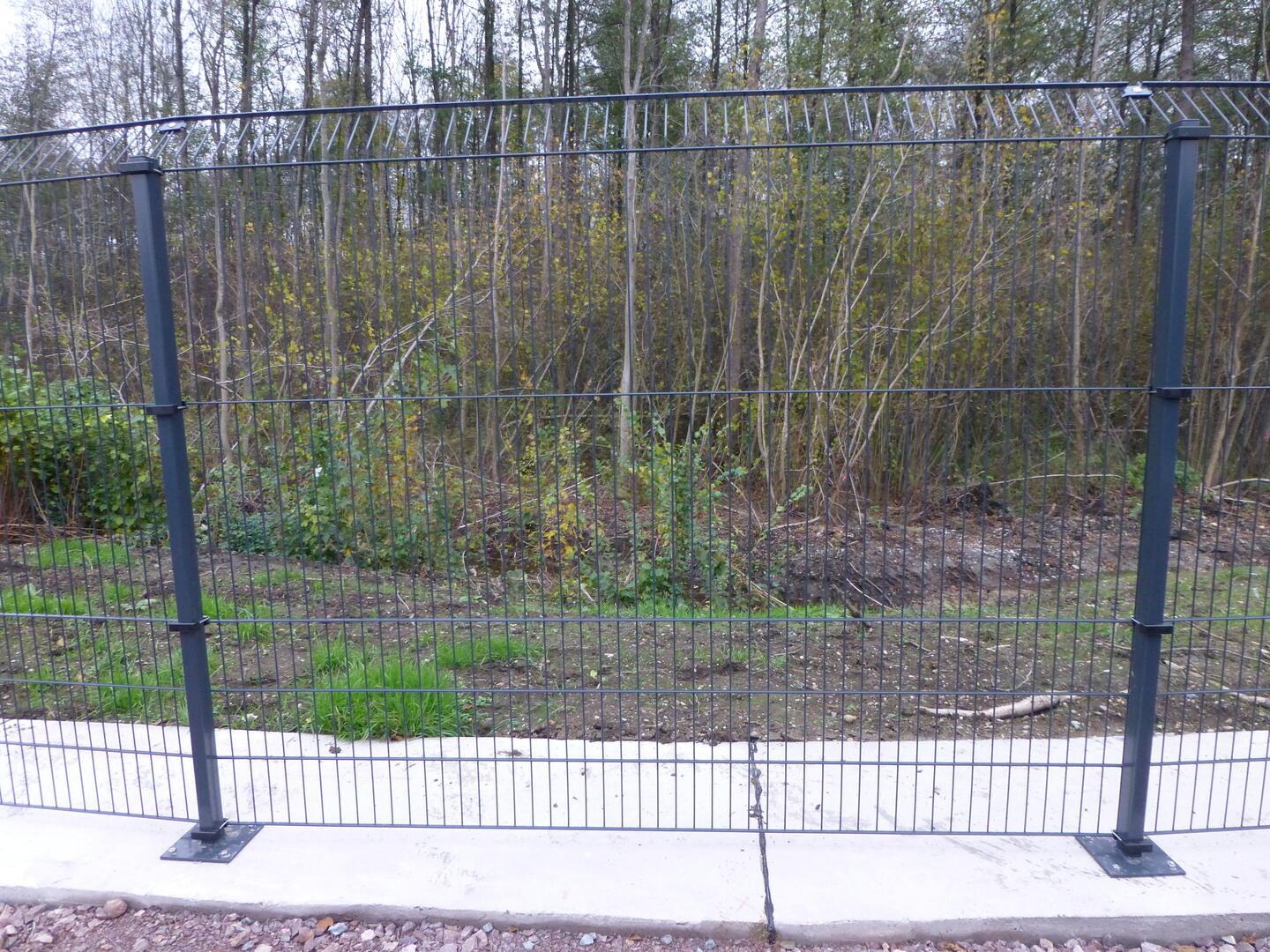 Get the paper!
Get the paper!
By Falko Brieger
In Germany, the high risk of wildlife–vehicle collisions (WVC) is increasing due to increasing traffic volumes and road densities as well as the growing population densities of common ungulate species. To prevent WVC, wildlife fencing is a common tool in Germany. Currently, three basic types of wildlife fences are used in Germany: type A, a conventional galvanized-high tensile deer fence (made of knot braid); type B, a chain wire (mesh wire) fence; type C, a rigid welded wire mesh fence panels.
In our paper, we surveyed road managers in combination with a personal assessment of road sections in Germany and derived recommendations for optimal fencing to reduce WVC. We concluded that fencing could be a very effective mitigation measure to prevent WVC with common as well as protected species, when proper designed and recommendations of the survey will be consequently considered. However, many wildlife fences lack functionality due to an inappropriate design and maintenance issues in Germany.
Categories:

